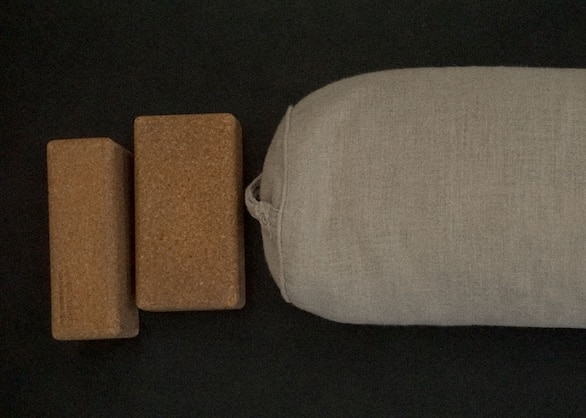We joined in conversation with Krista Tarantino—International Board Certified Lactation Consultant, certified Innate Postpartum Care Provider, and founder of Earth Milk Moon—on the incredibly nuanced topic of breastfeeding. While the decision to breastfeed is only one part of the matrescence journey, it is a monumental decision that all expectant mothers face. With her extensive experience in the delicate care for new mothers and babies, we invited Krista to share her perspective with our community. As her expertise combines traditional midwifery teachings with modern sciences like Epigenetics and somatic psychology, she has a deep appreciation for the transformative power of childbirth and the emotional and spiritual shifts that accompany a woman’s entry to motherhood. We were excited to hear from Krista about the profound impact of breastfeeding on both mother and baby, and loved hearing her beautiful view on how it holds the potential to change the world. Read on to find out how.

LHM x Krista Tarantino

